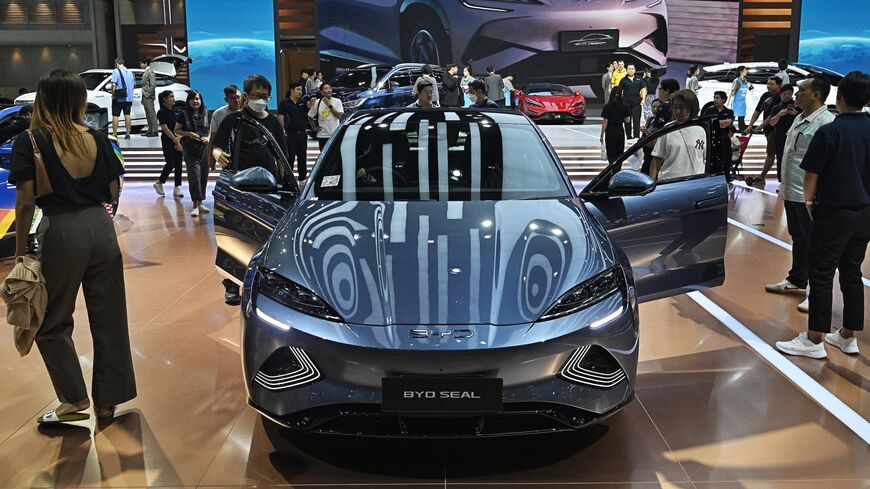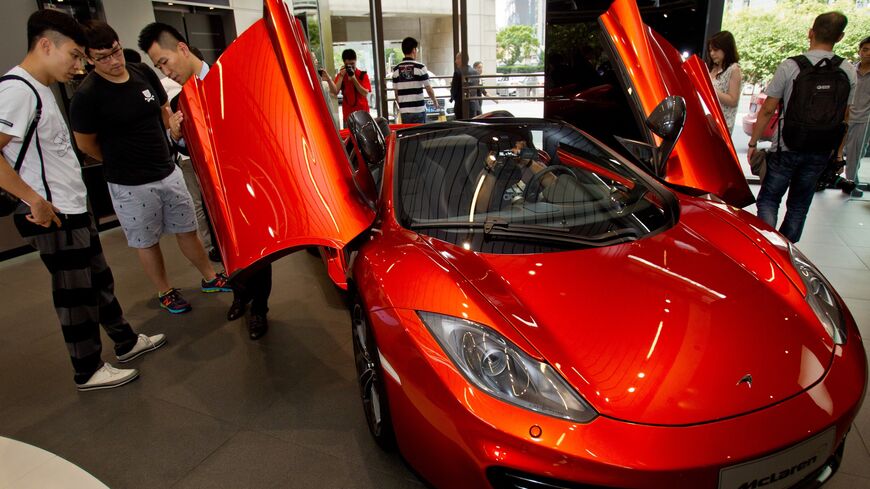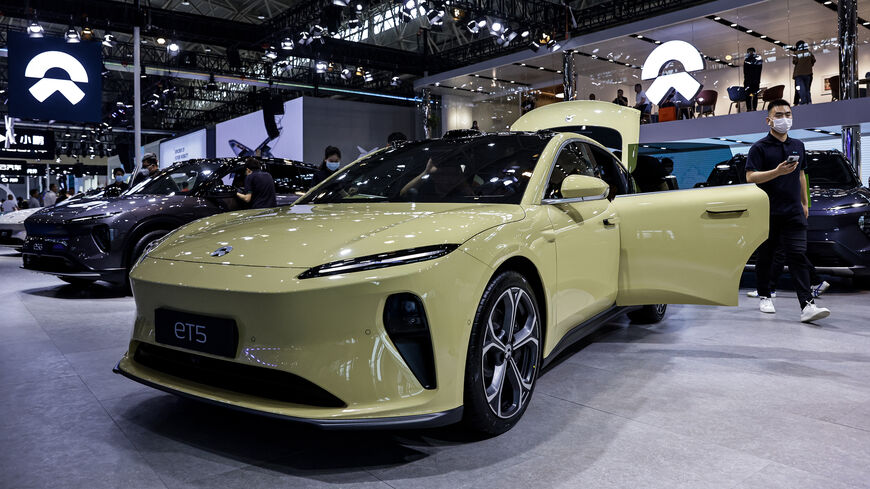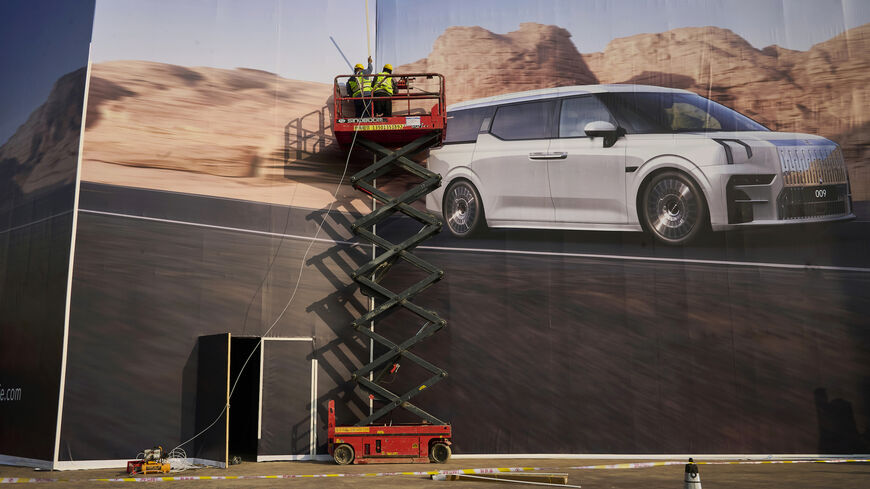How UAE fits into China’s electric vehicle push
The United Arab Emirates’ electric vehicle ambitions and restrictions from the United States make the Gulf state an attractive partner for Chinese firms, but Abu Dhabi has a way to go before it meets its electric vehicle ownership targets.
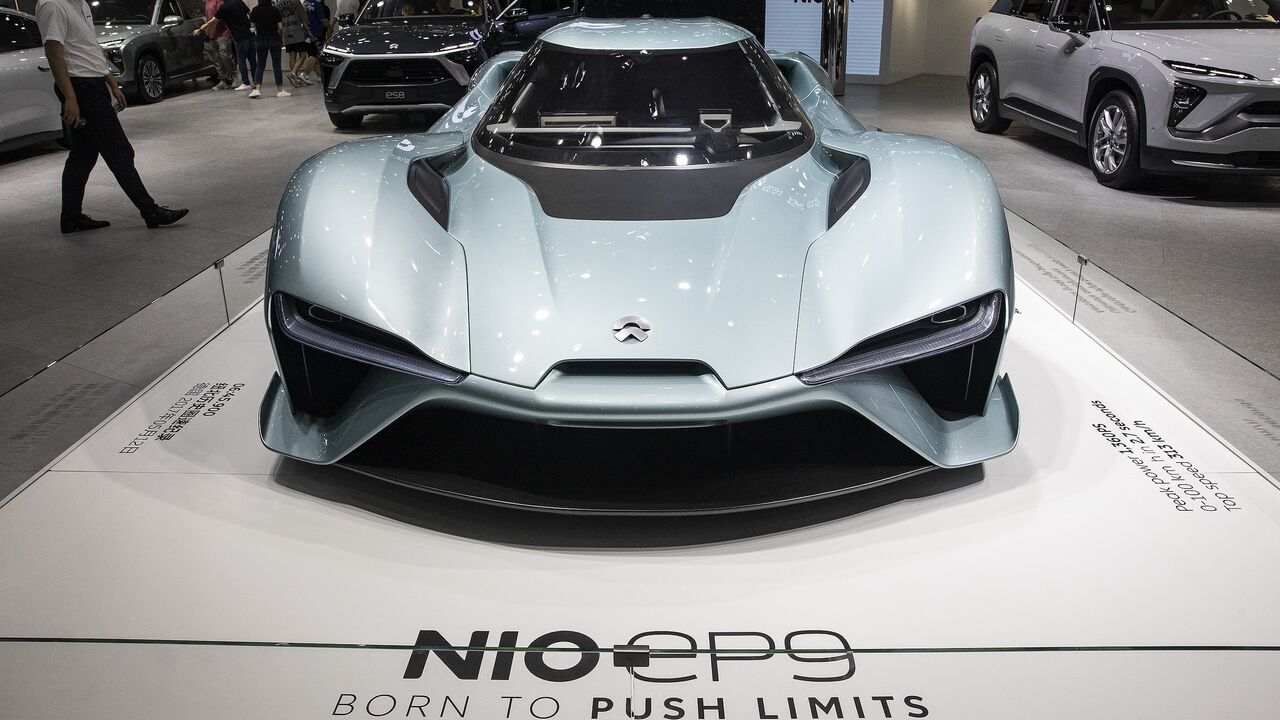
Emirati and Chinese companies signed two electric vehicle-related agreements in the past week, signaling once again the importance of the United Arab Emirates in China’s ambitions in the sector.
Chinese electric vehicle maker Nio Inc. announced on Monday that its subsidiary, Nio Technology, entered into a technology licensing agreement with Forseven Limited, an electric vehicle subsidiary of the Abu Dhabi-based CYVN Holdings. Per the agreement, Forseven will be able to use Nio’s software, intellectual property and other information for the development, manufacturing and sale of Forseven vehicles, Nio said in a statement.
On Thursday, Chinese electric vehicle company Xpeng said it established a strategic partnership with Abu Dhabi-based holding company Ali & Sons. The move comes as Xpeng seeks to boost its overseas production via local dealer partnerships in Egypt, Jordan, Lebanon and Azerbaijan, Reuters reported.
Why it matters: The two agreements build on previous cooperation between the UAE and China on electric vehicles, including between CYVN and Nio. The following is a list of some recent electric vehicle deals between entities in both countries:
- Nio announced a $2.2 billion investment from CYVN in December.
- Chinese electric vehicle maker ZEEKR signed a partnership with the UAE’s AW Rostamani Holdings to expand sales in the market.
- The UAE’s AD Ports Group signed a deal with Chinese electric vehicle company NWTN in 2022 to build a manufacturing facility in Abu Dhabi.
The UAE’s green energy push includes electric car ambitions. In May of last year, the UAE Ministry of Energy announced a plan to increase the share of electric vehicles in the Gulf state to 50% by 2050.
Chinese electric vehicle companies are seeking to boost sales overseas in general but are running into trouble in the American and European markets. Former US President Donald Trump imposed a whopping 27.5% tariff on Chinese electric vehicles in 2018, and Bloomberg reported earlier this month that the Biden administration is considering expanding additional restrictions on the vehicles.
Last September, the European Union announced an investigation into whether to impose tariffs on Chinese electric vehicles to protect European producers from an influx of cheaper vehicles from the People’s Republic. China’s Ambassador to the EU Fu Cong told Bloomberg last month that the probe is “unfair.”
The UAE’s electric vehicle sector is growing. Indian market research company MarkNtel estimated in a report this month that the UAE’s electric vehicle market will grow by around 28.5% between 2024 and 2030.
The UAE has some domestic production capabilities. In addition to NWTN’s facility, Emirati investment firm M Glory opened an electric vehicle plant in Dubai in 2022. In January, American electric vehicle technology company HummingbirdEV announced that it would establish a facility in Dubai.
The Gulf state could face challenges as it seeks to expand electric vehicles. The 50% electric vehicle target by 2050 is ambitious. Emirati newspaper The National reported in May that electric vehicles made up less than 2% of the UAE’s car market.
Having sufficient charging stations is another challenge facing markets that seek to increase the use of electric vehicles. The UAE is making progress in this regard.
“Dubai is investing in making the charging infrastructure robust through various initiatives aligning with its vision toward sustainability. It makes it a lucrative go-to-market for EV charging infrastructure vendors,” the international consultancy Arthur D. Little noted in an October report on electric vehicle readiness.
Know more: The Red Sea shipping disruptions due to attacks by Yemen’s Houthi rebels have made China concerned about its automobile exports, Harry Clynch reported for Al-Monitor last month.



